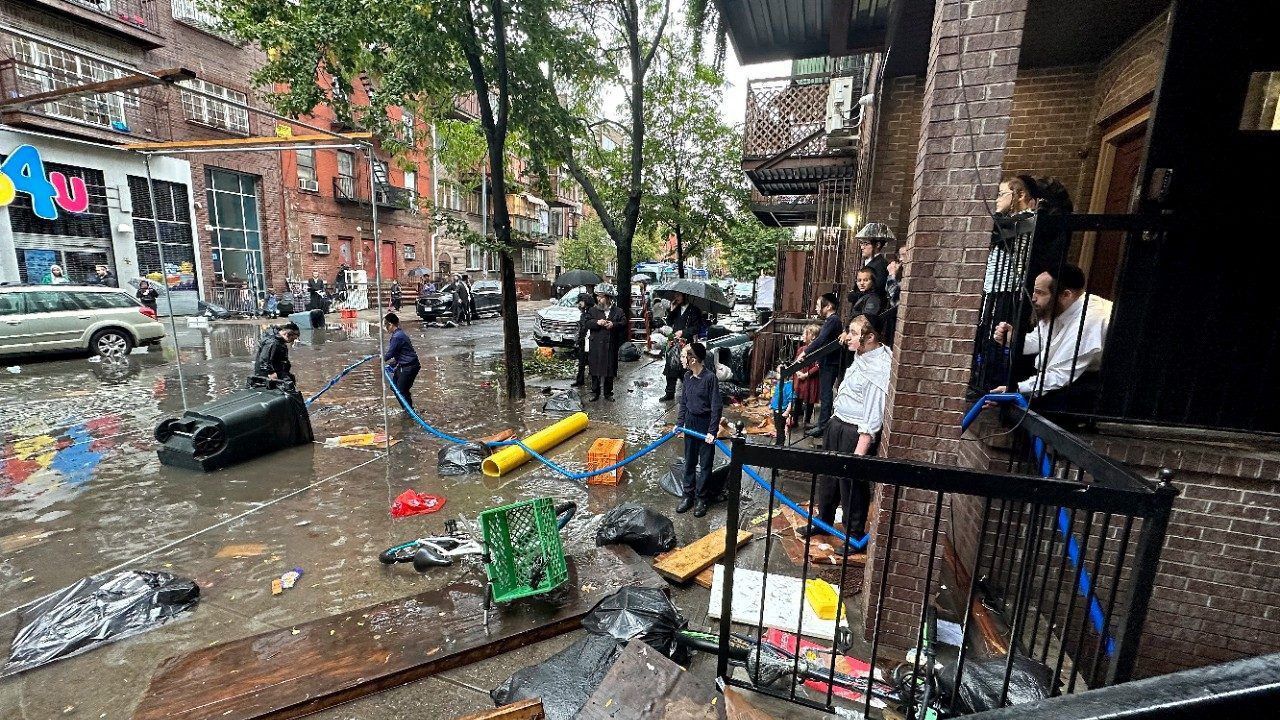At Brooklyn Bridge Park, an oyster research station is pulled up with a rope. It’s a box covered with mud.
A nonprofit environmental group put the oysters at the marina at Brooklyn Bridge Park to study them. They are used to make reefs for coastal resiliency.
"Not only do they regulate algae levels and water quality and excess nutrients in the water, but they provide habitat for small shrimp, like we saw today, or small fish or small crabs,” Mike Lamagna, the founder of Long Wharf Supply, said.
When NY1 was there, Lamagna used the restored oyster reefs to highlight another use for the discarded shells.
The clothing designer said he's working with a manufacturer to turn them into sweaters.
"We were able to take both recycled oyster shells and recycled water bottles, remove them from the waste stream [and] combine the two materials through an extrusion process and make a recycled yarn,” Lamagna said.
Lamagna said it takes two or three of the oyster shells and five recycled water bottles to make the thread to make a sweater.
"A really clean, classic garment for everyone to use," he said.
The yarn is made of a combination of the shells, recycled water bottles and cotton or wool.
Lamagna said his fashion brand will depend on the empty bi-valve homes. It’s free material that just requires retrieval from restaurants, ground down into thread for sweaters.
The nonprofit organization, the Billion Oyster Project, which is behind those oyster reefs, doesn't mind.
"There's plenty or hundreds of thousands of oysters to put in reefs and use for our reef system and there are plenty of oysters, oyster shells to be used for sweaters,” Jessi Olsen, corporate partnerships manager at Billion Oyster Project, said.
The sweaters aren't cheap: about $150 bucks a pop. But Lamagna said a portion of the sales goes back to the Billion Oyster Project.
"If we're able to make a positive impact on [the] New York Harbor and the communities that love where they live, that's a win-win," Lamagna said.




_PKG_Oyster_shell_sweaters_Clean_129560026_150?wid=320&hei=180&$wide-bg$)


 PKG Bk Atlantic Yards Delay CG)

